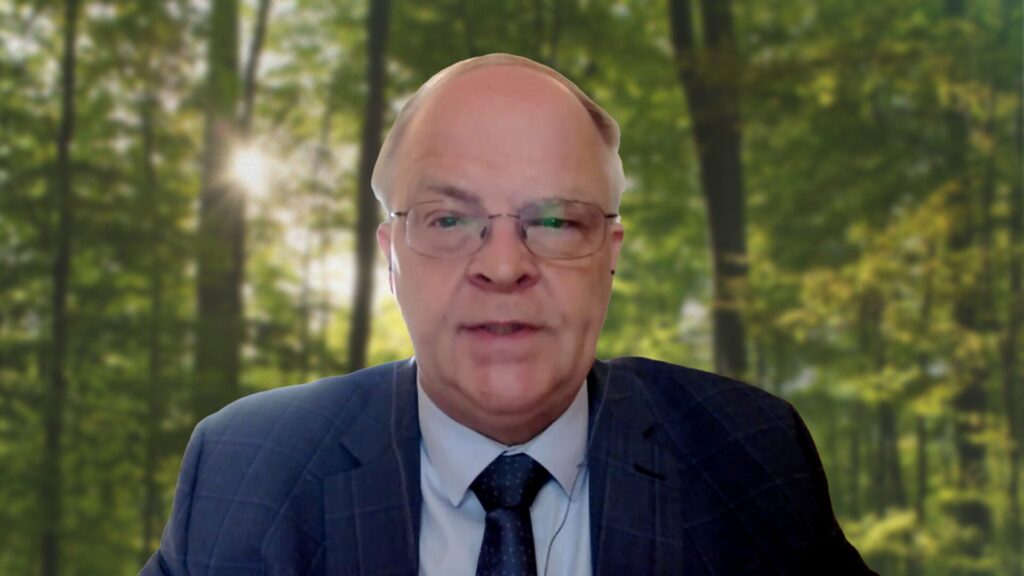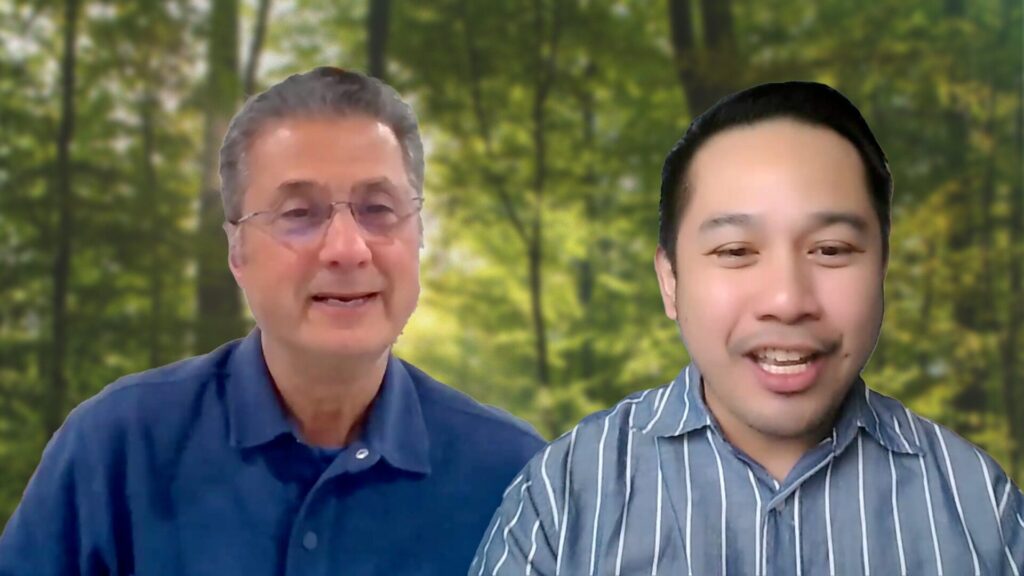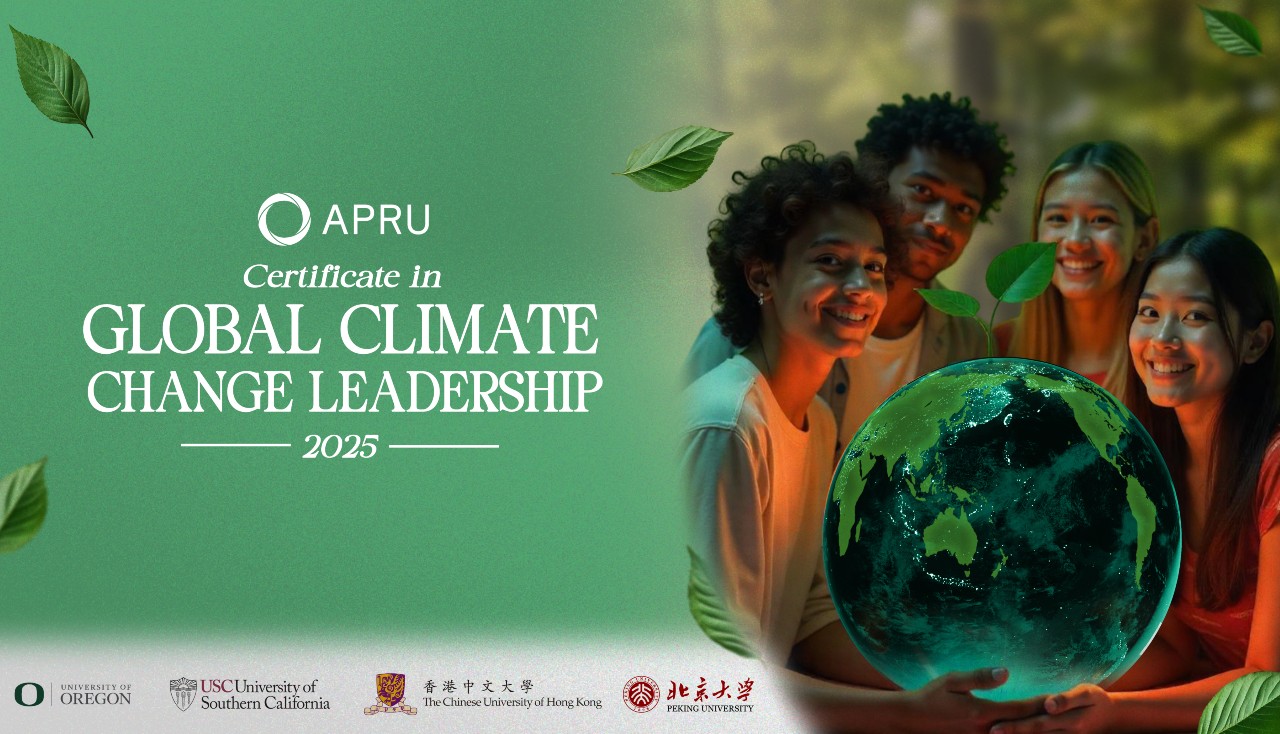On April 4th (HKT), the fifth edition of the APRU Certificate in Global Climate Change Leadership kicked off successfully with two keynote talks and the first interactions among participants. Led by the University of Oregon and the University of Southern California, this edition of the program is bringing together more than 200 students, 22 speakers, 20 peer mentors, and 20 facilitators from 17 universities across 14 economies in the Asia-Pacific region, to promote international climate change discussions.
This is an immersive role-playing program designed to teach students to understand and engage with global climate negotiations. Each student is assigned a role as a delegate to the UN Climate Change Negotiations, representing a specific economy or coalition.

The opening event was hosted by Mellissa Withers, Director of the APRU Global Health Program, and Elly Vandegrift, Director of the University of Oregon’s Global Studies Institute. Furthermore, Dr. Thomas Schneider, Chief Executive of APRU, addressed the participants in the opening remarks, highlighting the unequal impacts of climate change on vulnerable populations and underscored the simulation’s value in providing students with real-world skills for positive climate change and leadership. He also expressed gratitude to the participants, their universities, and the program’s visionary leaders, applauding their role in building a global network of young climate advocates. He concluded his message with a call to approach the experience with purpose, empathy, and determination.

“As we gather virtually from different corners of the world, we stand united in our determination to make a difference.” –Dr. Thomas Schneider Chief Executive of APRU
Two international experts and climate change advocates also joined the session: Dr. Ralph Chami, Co-Founder & CEO of Blue Green Future, Co-Founder of Rebalance Earth, and Dr. Renzo Guinto, Associate Professor, Duke-NUS Medical School, National University of Singapore. Dr. Chami emphasized the interrelation between climate change and biodiversity loss, both driven by human activity. In his talk, he argued that solving these crises requires a change of paradigm, recognizing nature as integral to our economy, not separate from it. He highlighted how, by valuing natural capital, we can create financial incentives for governments, businesses, and communities to protect and restore ecosystems. This approach, he emphasized, provides a win-win-win scenario for the environment, the people, and the economy.
“Nature is not an afterthought. Nature ought to be front and center in every decision that we make, be it economic or political.” –Dr. Ralph Chami
For his part, Dr. Guinto explored the intersection of planetary health with human health, emphasizing their inseparable connection. He explained how uncontrolled human activities, like consumption and urbanization, damage the environment and, in turn, affect public health. To address these challenges, he calls for large-scale efforts to reduce emissions, strengthen health systems, and build resilience. He stressed the need for cross-sector collaboration, climate justice, and meaningful actions to protect future generations.
“Whatever we do to the environment, to the planet, all the harms that we inflict on our ecosystems, these impacts, they all come back to us in the form of human disease, disability, despair, and sometimes even death.” –Dr. Renzo Guinto

Ralph Chami (left), Renzo Guinto (right)
Throughout the APRU Certificate in Global Climate Change Leadership, students are encouraged to embrace a bit of controlled chaos and engage in real negotiations. The facilitators and peer mentors guide the process, ensuring a productive and meaningful learning experience, while students take the leading role in the discussions and finding the best outcomes for their nations and the environment. It is a dynamic process where participants shape the results based on their preparation, interactions, and negotiations.
For more information about the APRU Certificate in Global Climate Change Leadership 2025, click here.

